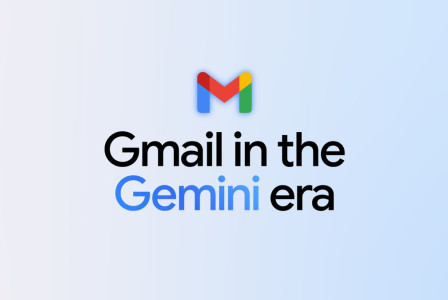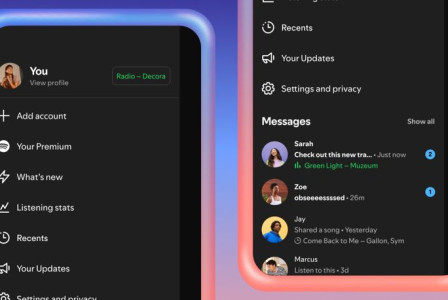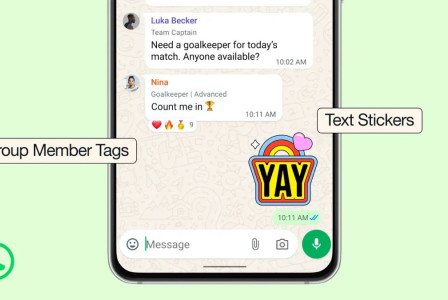SEARCH
Kaspersky shares its predictions for privacy in 2024

SHARE IT
AI wearables devices could spark controversy over privacy, while the expected proliferation of AR and VR is likely to create new standards of privacy in 2024. At the same time, the number and significance of data breaches involving passwords is expected to decrease as two-factor authentication becomes more prevalent and users enhance privacy with assistant-bots.
According to Kaspersky, privacy is undergoing a transformation due to the emergence of new technologies and evolving regulatory practices. Major events in 2023 in the social, economic and political sectors, as well as new technology trends, will be the main factors that will influence the privacy landscape in 2024. Here are the experts' predictions:
AI wearables devices may spark new privacy controversies
While people have embraced devices like smartphones and home digital assistants, wearables, especially those with cameras like smart glasses or AI pins, tend to arouse more suspicion. The conspicuous nature of these devices could cause real concern for people who care more about their privacy, assuming they become more popular.
Developments in AR and VR technologies are poised to establish new privacy standards in 2024
Usually Apple product launches attract a lot of people, sparking discussions about privacy, especially when it comes to technologies that are not yet properly regulated. With the launch of the Apple Vision Pro and the increasing integration of AR/VR into everyday life, privacy concerns are likely to take center stage.
Promoting privacy through the emergence of assistant-bots
The rise of assistants-bots, which use language processing (NLP), offers an attractive opportunity to enhance user privacy in several areas. Imagine a future where assistant-bots play a key role in safeguarding privacy, especially during calls. A sophisticated bot assistant could seamlessly handle users' calls, ensuring that sensitive information such as the user's voice is protected.
Password leakage would be less of a concern as their importance continues to decline
The main reason for the decrease in concern about password leakage is the increasing prevalence of double authentication with an additional password to confirm your login sent via SMS or generated in a special authentication application, such as Kaspersky Password Manager. In addition, some services, such as Google, already have "passwordless" authentication via passkeys, respectively, and other companies prefer biometric authentication over traditional passwords.
MORE NEWS FOR YOU

 Help & Support
Help & Support 

